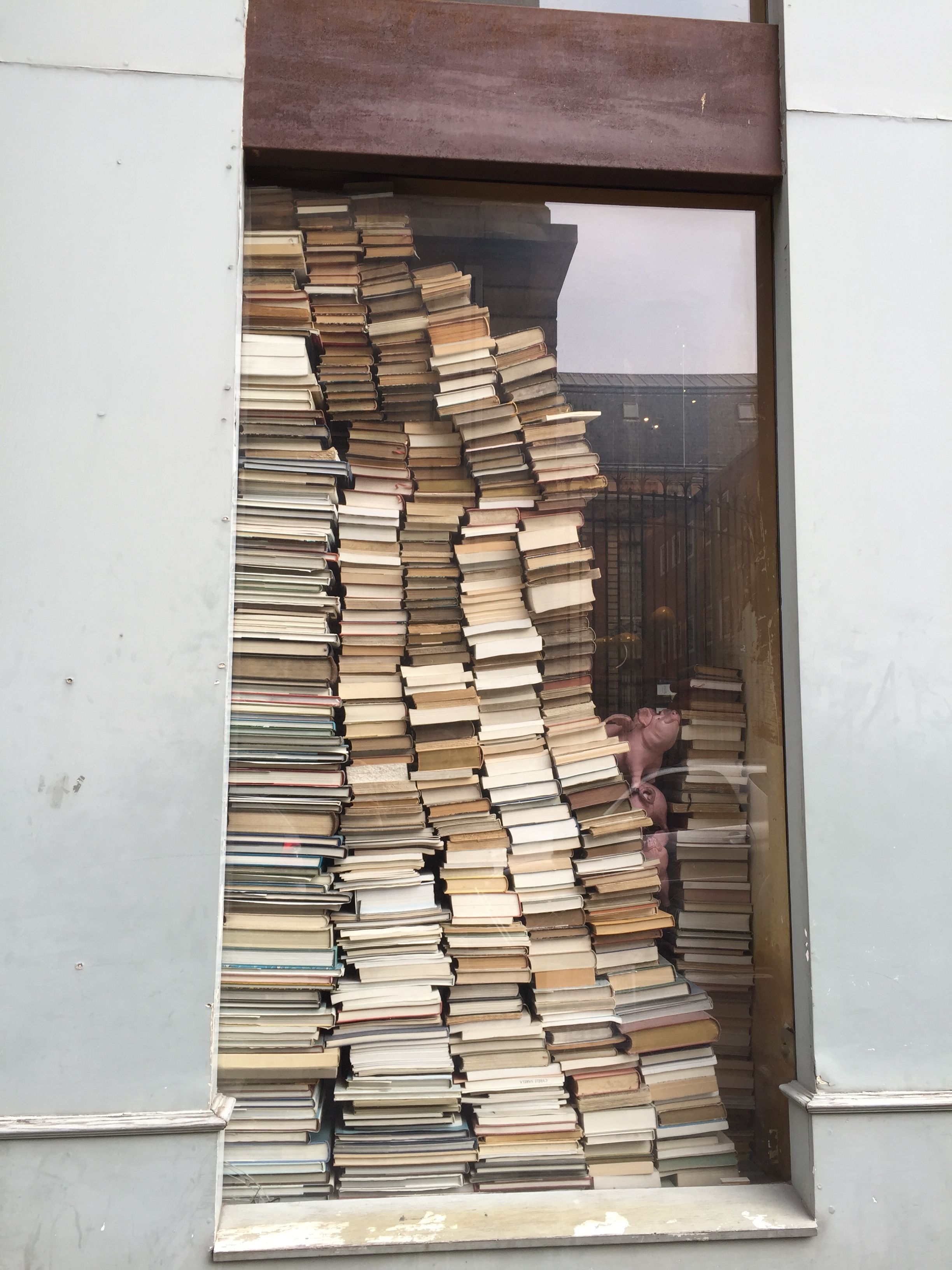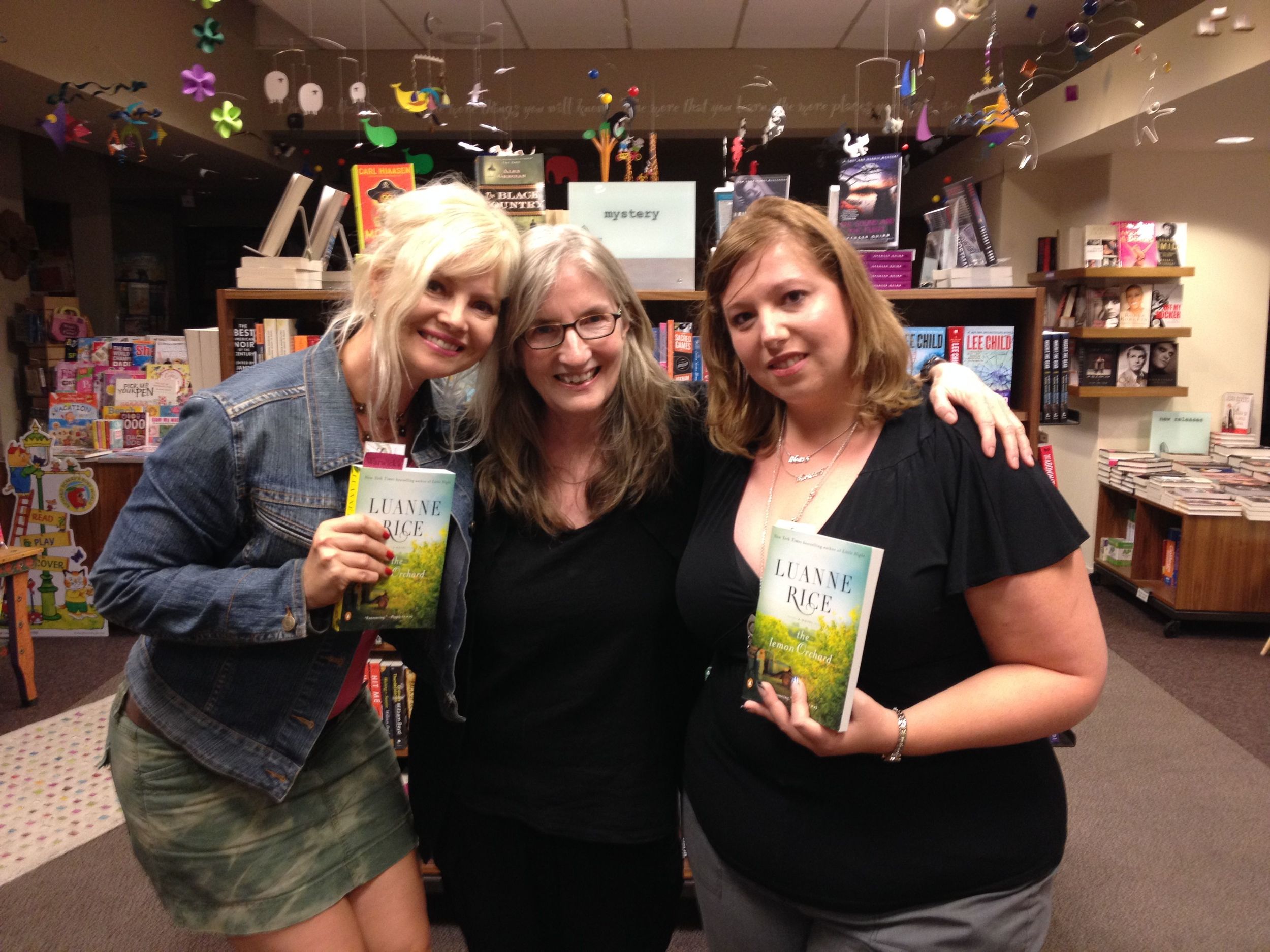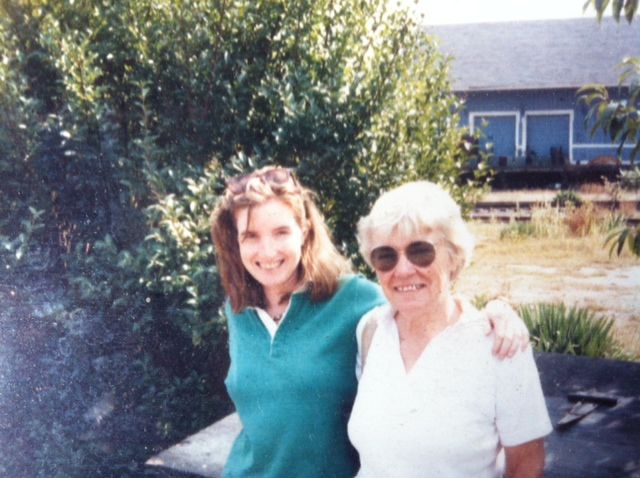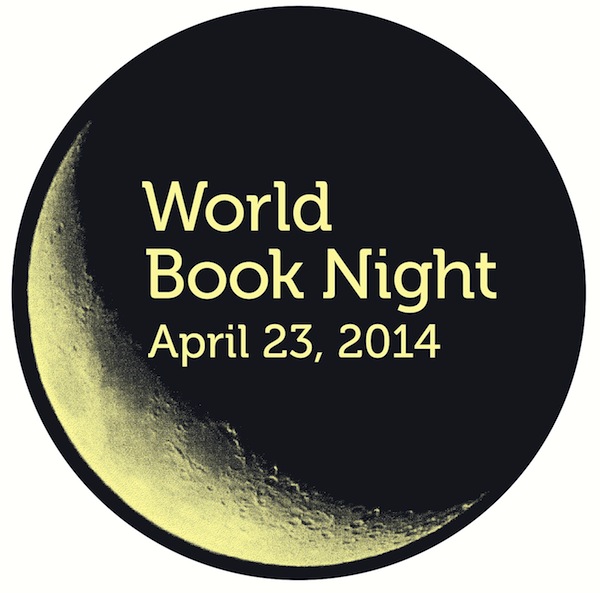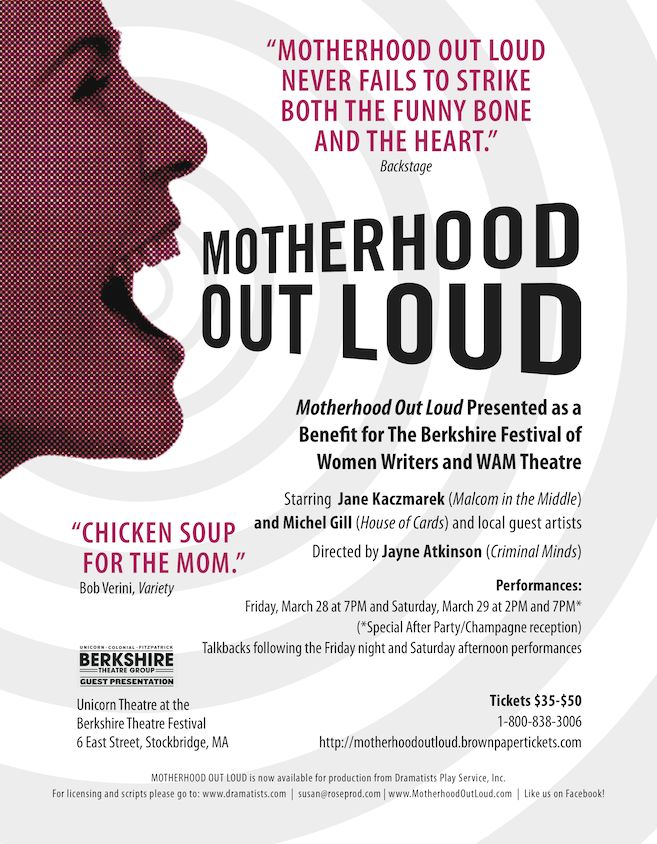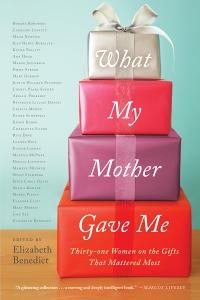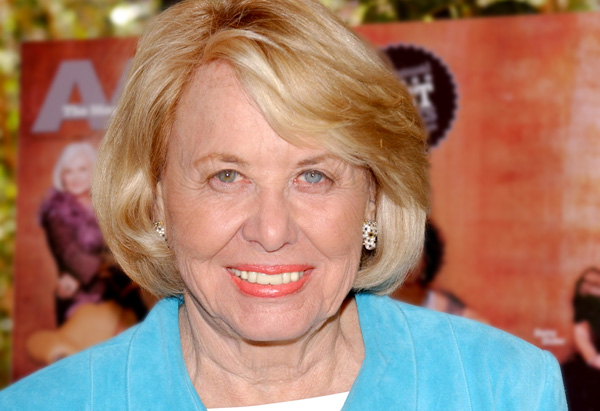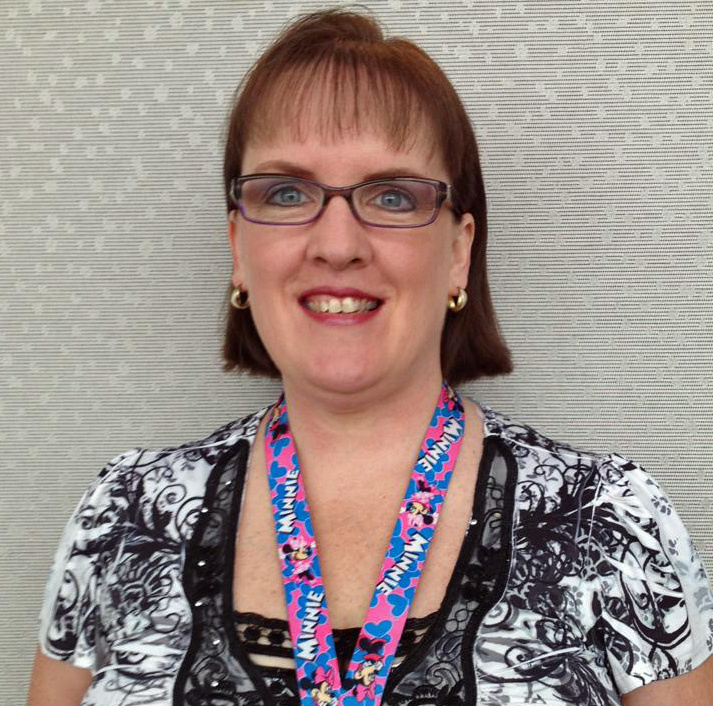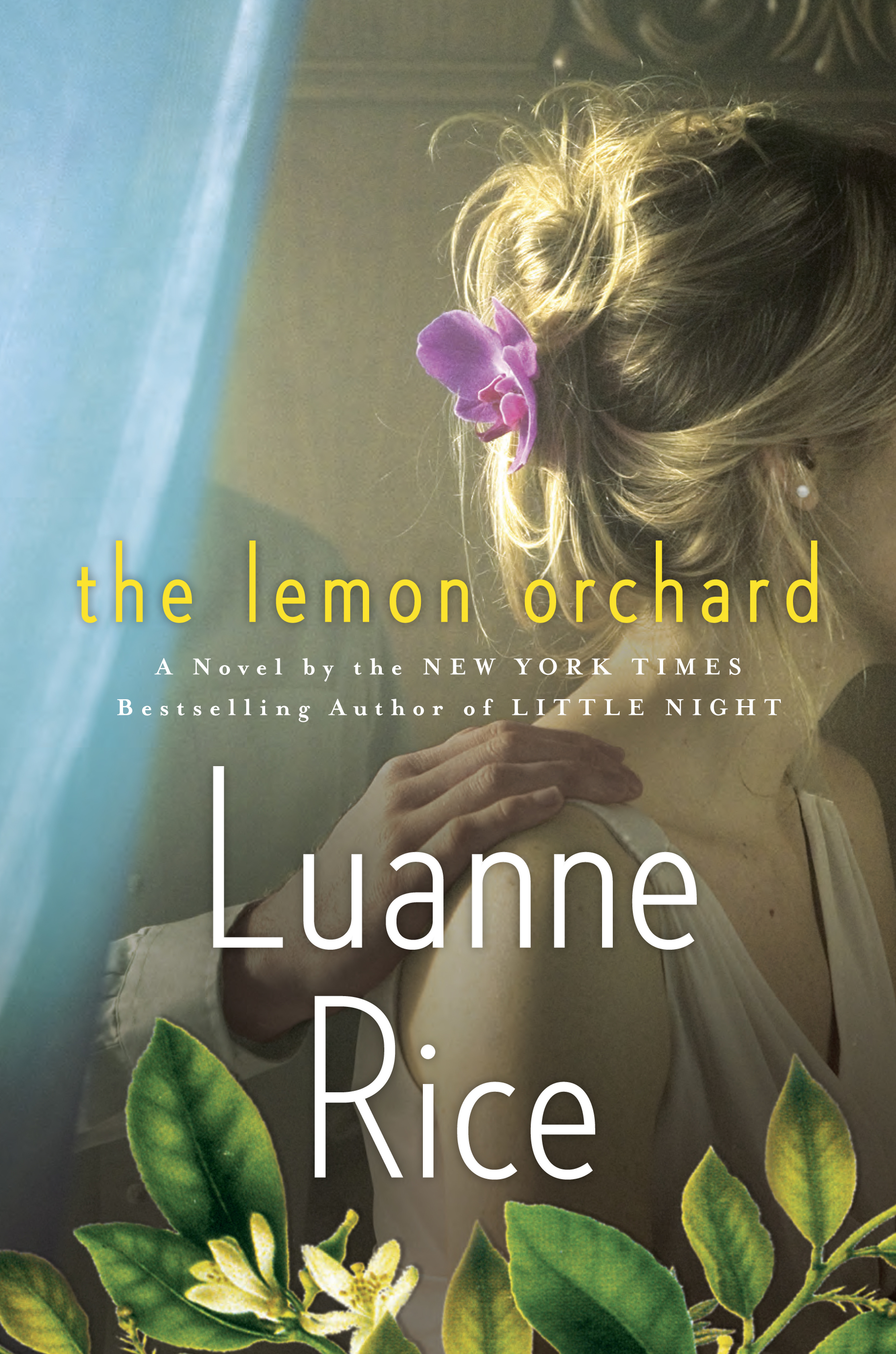A blue moon is a celestial rarity and occurs when there are two full moons in one calendar month--such as the one today. It refers not to the color of the moon, but to the wonder. The title of my fifth novel (first published in 1993) is a play on that, and refers to the rare, once-in-a-lifetime love between Sheila and Eddie, the matriarch and patriarch of the Keating family. The title also refers to a long-disappeared section of sailor's bars and nefarious doings in Newport, Rhode Island. The name "Sheila" was inspired by Sheila Dingley Mularski, one of my favorite little girls, who has grown up to be a Title One reading teacher, working with 10-12 year olds. Her school has a small library, but no librarian, so Sheila started volunteering her lunch hour to help kids check out books. Could we take a moment of appreciation for Sheila as well as your own favorite teachers and librarians, people who encourage and celebrate reading?
I have very happy memories about the publication of Blue Moon... The Happy Carrot had just opened in Old Lyme, Connecticut. It was a wonderful independent bookstore owned by Paulette Zander, and this was the first reading she'd hosted. She decorated the store windows in such a mystical way, full of blue moon-inspired art, and it was the first of many great book events we would have together.
My launch party was held at the Old Lyme Inn--then owned by my dear friend Diana Atwood Johnson, who ran it like an artists' retreat and literary salon (she's an artist herself, I was honored to introduce her at last summer's exhibition of her bird photographs at the Lyme Academy College of Fine Arts.) For the Blue Moon party she served blue cocktails and seafood delicacies. In the novel, Shore Dinners were served at the Keating family restaurant, and Diana outdid herself recreating the lobster-and-clam-bakes cooked by the Keatings. She decorated the inn so beautifully, and we invited old and new friends. I remember being totally surprised and delighted to look up and see the Reducers, a band I love, walk into this classic New England inn in all their black leather punk glory.
Blue Moon was later made into a CBS Movie-of-the-Week. It starred Sharon Lawrence, Jeffrey Nordling, Kim Hunter, Richard Kiley, and Hallie Kate Eisenberg, and was filmed in Lunenburg, Nova Scotia, one of the most beautiful seaside towns I've ever seen. My love for Nova Scotia had already begun, but it certainly deepened during my visit to the set.
Happy memories...I am glad for the chance to share them with you. The sky does inspire me. I hope you look up tonight and all nights and enjoy what you see...













